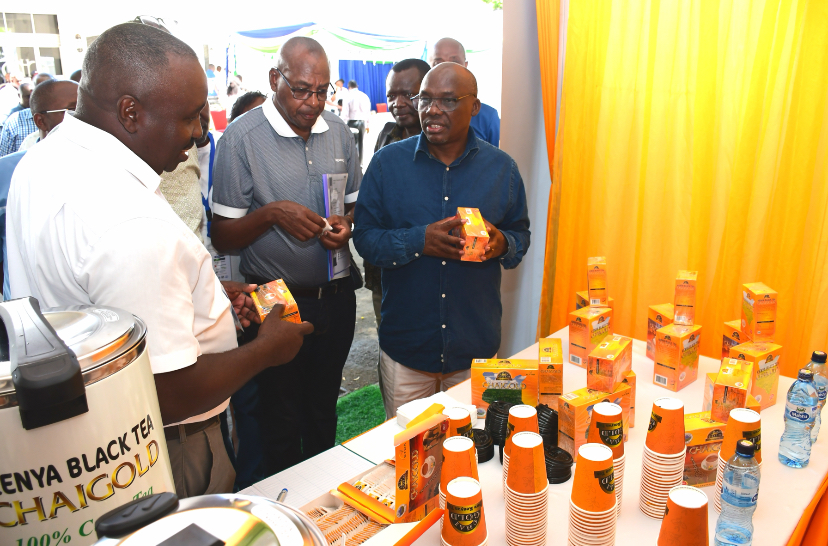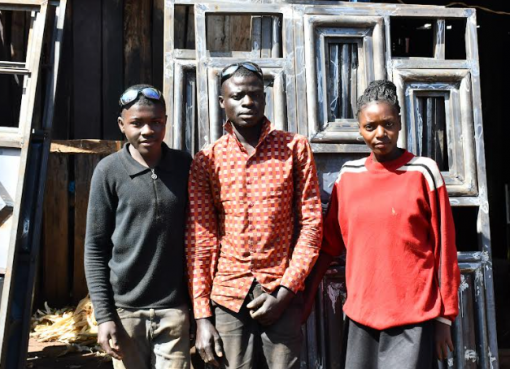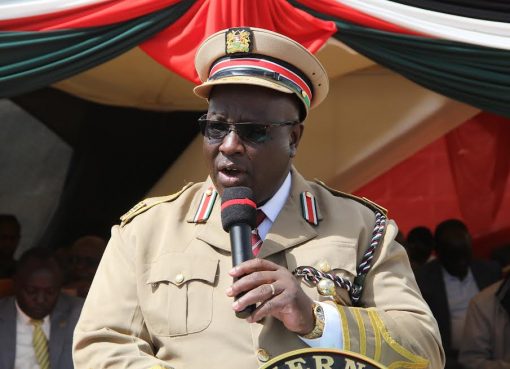The government is set to undertake a review of the numerous taxes affecting the tea sector, noting that tea products are currently burdened by 42 different taxes.
Agriculture Principal Secretary (PS) Dr. Paul Ronoh has said in order ease the load and enhance the industry’s competitiveness, they intend to reassess these taxes and streamline the export processes, including updating the scanning machinery used in tea exports to enhance efficiency and reduce costs.
Speaking at a Mombasa hotel during the Tea Industry Centenary Summit as the Tea Board of Kenya celebrates 100 years of tea commercialization in Kenya, Ronoh highlighted that the government remains steadfast in its commitment to the tea industry under the BETA agenda, which includes subsidized fertilizers, national Greenleaf standards, a new tea quality lab, and a global marketing strategy to boost Kenya’s tea exports.
The summit has brought delegates from major tea-producing, importing and exporting countries and leading global tea industry players.
It has also provided an opportunity to facilitate the exchange of ideologies and the latest information on tea globally and its future.
“As we engage in this 3-day summit celebration, we are going to strategize how we can best position this crop for another 100 years, and our approach and theme is ‘making farmer the King,” he said.
The PS emphasized the need to enhance farmers’ income by making tea profitable, noting that the tax review is very necessary for this motive is in line with the current government’s plans.
“In our discussion, we have looked at the 834,000 farmers who are big contributors to this sector and who also influence about 6.5 million households, with those figures it is clear that this is a key transformative crop to our economy and the livelihoods in Kenya,” he added.
He reiterated the urge to reposition crop farming so that it becomes a key priority crop for our economic transformation.
Ronoh added that another key approach is value addition, focusing on exporting tea in a more refined form rather than bulk.
He said that the government is setting up a common user facility, which is currently under establishment at three sites.
The PS highlighted that this facility will allow for enhanced processing and packaging, ensuring that tea is not sold in bulk, a practice that historically contributed to low value. Value-added exports, he noted, aim to significantly increase the profitability and global appeal of Kenya’s Tea.
He added that repositioning of markets is also a great approach noting that to expand the market, they need to shift towards strategic sales for tea rather than relying solely on general auctions.
Moving in this direction, they plan to organize tea trade missions targeting specific clients and countries with potential demand for their tea.
The PS also said that the government, along with key industry leaders, are committed to traveling globally in search of better markets for their tea.
In this effort, they are engaging with other stakeholders, such as banks, to provide loans and enhanced financial support for farmers.
Ronoh added that while Mombasa hosts the largest global tea auction, domestic consumption remains below 10 percent.
Meanwhile, to address the government is introducing new tea products, aimed at younger consumers, encouraging greater local engagement with the tea market and fostering a culture of tea consumption among the youth.
By Fatma Said





